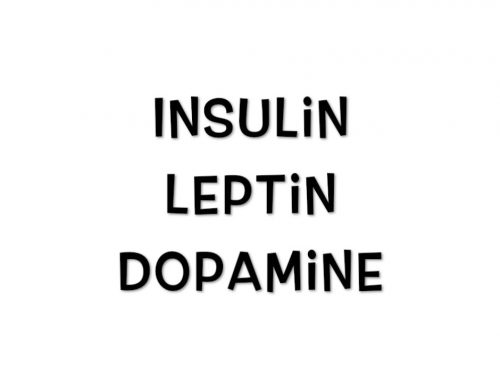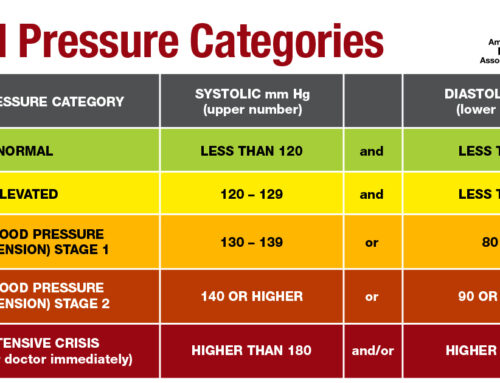by Dr. Tina Marcantel
 Hormones keep our bodies healthy and help us feel good, but when we get imbalances of these natural chemicals in our systems it can have a negative impact on our health. These imbalances can come as a result of many factors, including physical or emotional stress, changes in our bodies as we age, environmental influences, and disease.
Hormones keep our bodies healthy and help us feel good, but when we get imbalances of these natural chemicals in our systems it can have a negative impact on our health. These imbalances can come as a result of many factors, including physical or emotional stress, changes in our bodies as we age, environmental influences, and disease.
Let’s take a look at a few common hormone imbalances and how they can affect a person’s health. Of course, each person has an individualized response to these circumstances, but we can speak in broad terms about how too much or too little of a hormone may affect us.
Estrogen: Estrogens are sex hormones that are present in both men and women, but in significantly greater quantities in women. Too little estrogen in the system is often associated with menopausal symptoms like hot flashes, insomnia, and irritability, but in fact too much estrogen can ALSO produce these symptoms. For this reason, it’s important to get accurate testing of hormones before beginning any treatment and then monitor estrogen levels over time so supplements can be adjusted to keep them within proper ranges.
Progesterone: This hormone has many metabolic functions and can have a mild sedative effect that promotes calmness and relaxation. Think of it as your natural anti-anxiety agent. A proper ratio of progesterone to estrogen is important to health and well-being. Too much progesterone, on the other hand, can produce lethargy and even mild depression.
Testosterone: Although testosterone is thought of as a “male” hormone, it is also found in women. It plays an important role in maintaining bone and muscle mass and affects the reproductive system, as well as promoting a sense of psychological well-being. In both men and women testosterone affects libido; however, too much in the system can lead to aggressiveness and anxiety. In women it can also cause facial hair and other unwanted symptoms. (As a side note, the hormone DHEA serves as a precursor to testosterone in women. When a female has a low testosterone level, DHEA supplementation can be given to allow her body to convert the DHEA into the amount of testosterone her body actually needs.)
Cortisol: This is often called the “stress hormone.” Produced in the adrenal gland, cortisol helps the body deal with both physical and emotional stresses. Too little cortisol can make it very difficult to deal with even mildly stressful situations; too much can lead to a feeling of being “wired and tired” and chronic insomnia. A proper balance of cortisol is also necessary in the delivery of thyroid hormone to the cells; too much of it can interfere with how much thyroid hormone is being properly absorbed and used. This can lead to something sometimes called “functional hypothyroidism”; a state in which the thyroid gland is producing proper amounts of hormones but the body exhibits symptoms of low thyroid function.
It’s also important to note that both doctors and patients often talk about specific hormone problems as though they can be treated individually, but in truth all hormones interact with and affect each other. Because of that interaction we need to be aware of how all the components of the endocrine system are functioning if we’re to successfully balance the hormones and bring the body into a state of homeostasis.
Learn more about the diagnosis and treatment of hormone imbalances
Interested in becoming a patient of Dr. Marcantel? Visit our New Patients page for pricing and services info!





